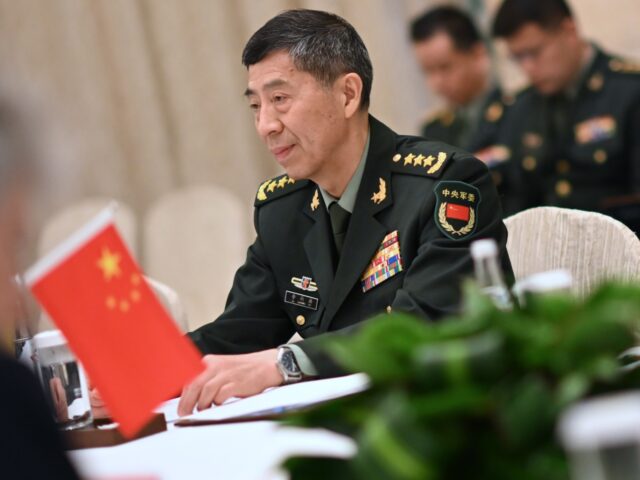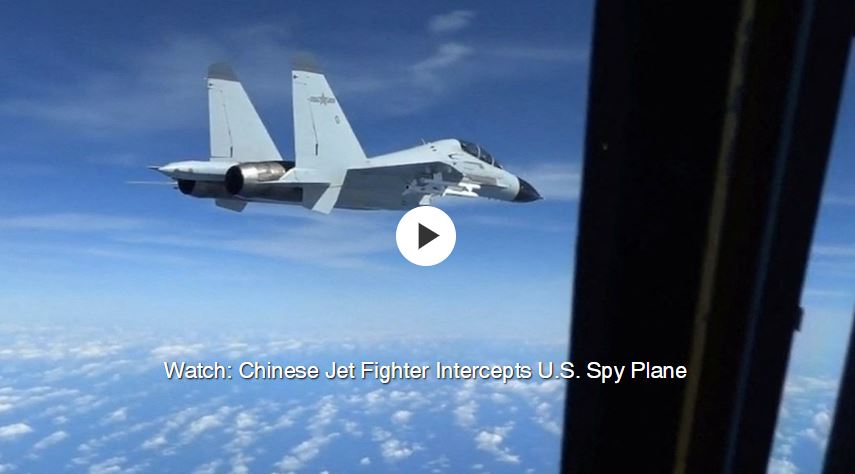
Important Takeaways:
- China’s Increased Bullying of Philippines to Test US Resolve
- Despite the allegedly warm atmosphere of the San Francisco Summit between China’s Communist Party leader Xi Jinping and US President Joseph Biden, the Chinese dictator reportedly told Biden, “that Beijing will reunify Taiwan with mainland China but that the timing has not yet been decided,” and “that China’s preference is to take Taiwan peacefully, not by force.”
- It is clear that Xi is doubling down on his claim of sovereignty over almost all of the South China Sea, starting with Taiwan, and understands that he might have only a few “good” months left.
- The latest aggressive move by the Chinese Communist Party (CCP) took place when a Chinese Coast Guard ship deluged three Philippine vessels with water cannon on December 9 and 10. This assault resulted in severe engine damage to one of the Philippine vessels necessitating it to be towed to home port.
- Another vessel found itself rammed by a Chinese boat. That incident took place near the Second Thomas Shoal, an island in waters also claimed by China. CCP bullying in 2023 also included threatening maneuvers by Chinese ships against Philippine maritime exploration for hydrocarbons and natural gas, as well as frequent harassment of Filipino fishermen. In a more serious encounter in February 2023, a Chinese patrol boat lasered Filipino sailors. China’s maritime aggression against Philippine efforts to resupply a military contingent on a marooned vessel on an island in disputed waters of what Manila calls the West Philippine Sea.
- China’s repeated targeting of the Philippines appears possibly related to Manila’s decision to grant the US expanded military presence in the Philippines, by granting the US military access to four additional air and naval facilities, raising the number to nine.
Read the original article by clicking here.











